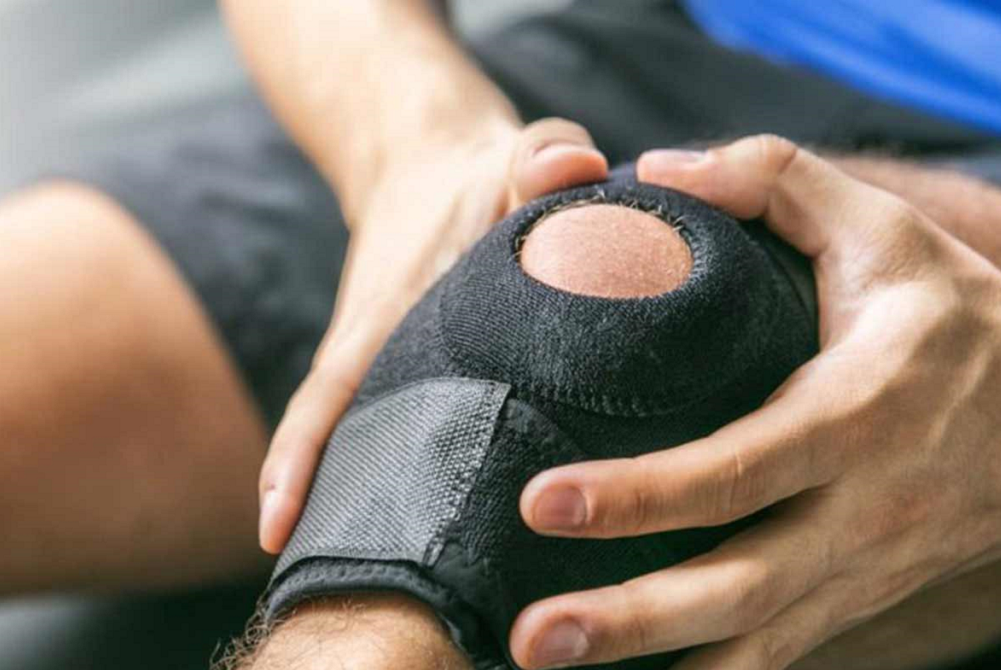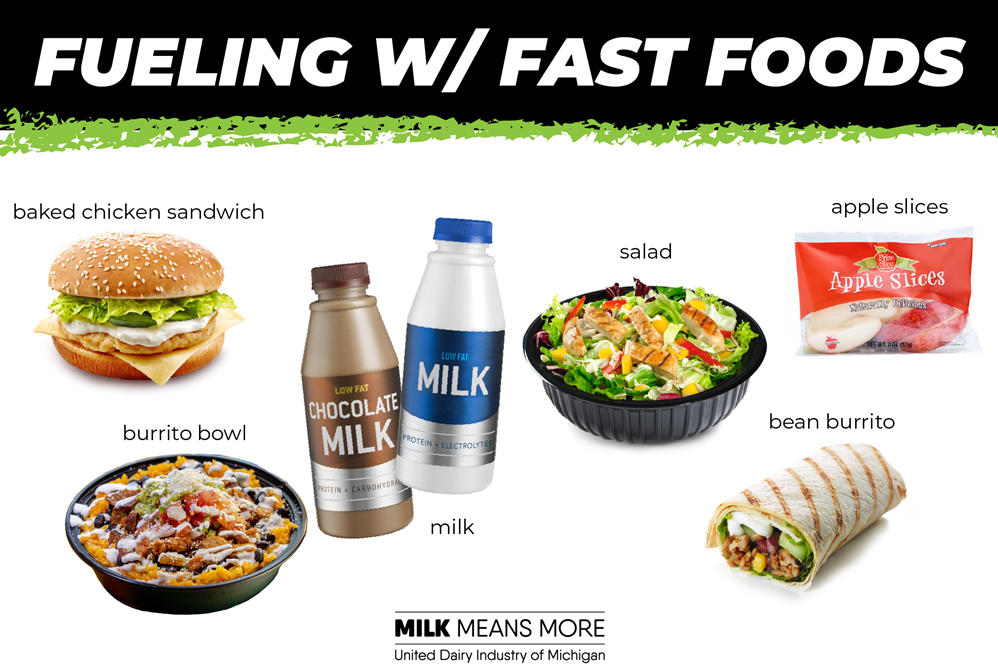
Summer Is Peak Time For Outdoor Sports Injuries
June 6, 2023
Summertime is the ideal time for outdoor activities like boating, swimming, barbecues and picnicking. It’s also ripe for sports injuries, says Nancy White, M.D., a Henry Ford Health sports medicine physician.
 “We encourage people of all ages to get outside and take advantage of all the activities available during the summer. It’s very important, though, that people keep safety top of mind to reduce their risk of injury,” Dr. White says.
“We encourage people of all ages to get outside and take advantage of all the activities available during the summer. It’s very important, though, that people keep safety top of mind to reduce their risk of injury,” Dr. White says.
Dr. White counts these as the five most common injuries:
- Sprains and strains
- Fractures
- Trampoline injuries
- Bike injuries
- Overuse injuries
“Trampoline injuries are mostly caused by jumping, either by an awkward landing or colliding with someone,” Dr. White says. “Overuse injuries happen when someone overextends themselves in a particular activity, whether it’s attending multiple sports camps or simply exercising outdoors.”
Dr. White recommends these three tips for reducing your risk of injury:
- Stay hydrated. Replenish your fluid intake with frequent water breaks.
- Perform warm-up exercises before your run or your game.
- Wear protective gear. Whether bike riding, rollerblading or skateboarding, a helmet and protective pads are a must. Obey traffic laws and store your phone away.
For soft-tissue injuries strains and sprains, Dr. White says the R.I.C.E. method is an immediate at-home treatment you can apply to reduce swelling and pain. It stands for Rest, Ice, Compression and Elevation. Over-the-counter anti-inflammatory medicine, such as ibuprofen (like Advil) or acetaminophen (like Tylenol), can help too.
If the pain worsens to the point that it interferes with your usual activities or sleep, make an appointment with your doctor or a sports medicine doctor.
Seek medical attention immediately if your pain was caused by a particularly forceful impact, you suspect a broken bone, or if the injury is accompanied by:
- Significant swelling
- Redness
- Tenderness and warmth around the joint
- Significant pain
- Fever
For injuries that don’t improve and require medical attention, visit henryford.com/sports and request an appointment with a Henry Ford sports medicine doctor.
Dr. Nancy White is a sports medicine doctor seeing patients at Henry Ford Medical Center-Columbus in Novi and at the William Clay Ford Center for Athletic Medicine in midtown Detroit.

Coach's Guide to Nutrition: Fueling with Fast Food
October 8, 2024
Life is busy, and sometimes getting food fast is the only option.
Fueling up with fast food can provide the proper nutrition to students when they are in a pinch.
Learning to identify more nutritious foods on restaurant menus will help provide the macronutrients students need in a meal.
Fast food for breakfast, lunch, or dinner can be part of a balanced diet.
Encourage students to keep the macros in mind when choosing from the menu. Giving students tips, such as choosing baked or grilled chicken, fresh fruit or salads, and milk as a beverage can make it easier for athletes to choose foods that will nourish their bodies.
Information above is excerpted from UDIM’s A Coach’s Guide to Nutrition.


